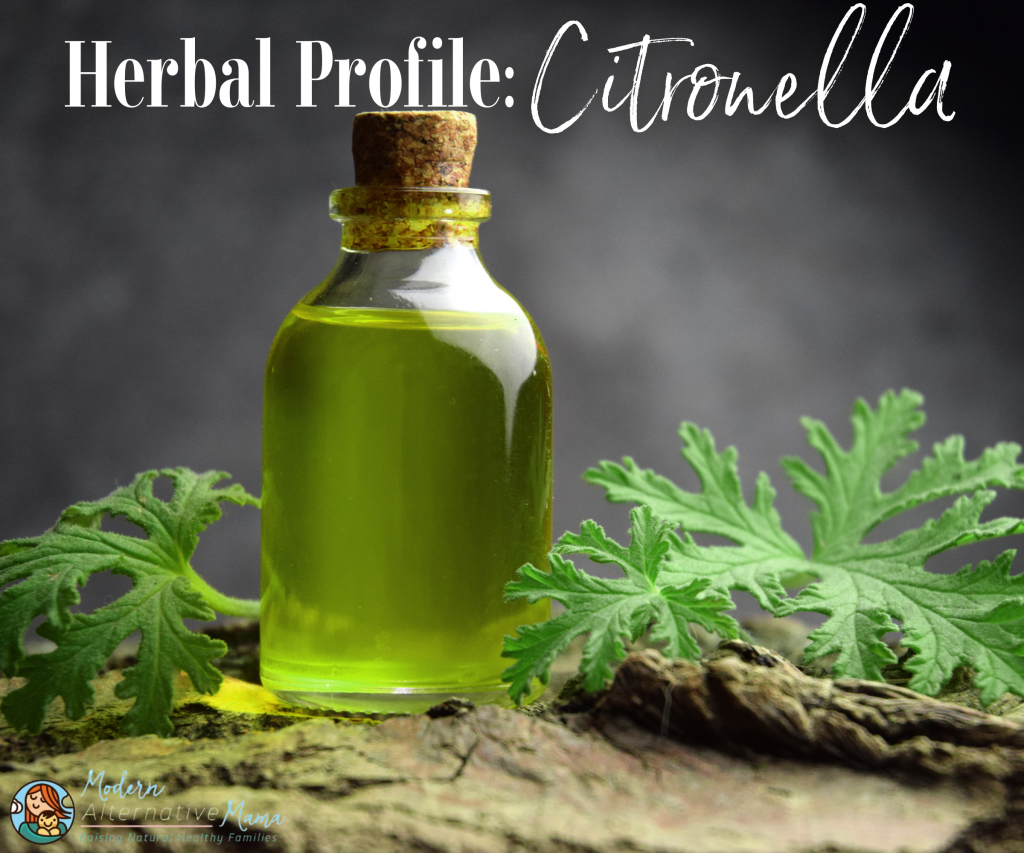Name: Citronella
Cymbopogon nardus (the most common variety)
Summary:
Citronella is well-known for its distinct citrus scent and its powerful ability to repel insects, especially mosquitoes. But did you know this fragrant grass offers more than just a natural bug deterrent? From skin care to mood-boosting effects, citronella has a wide range of benefits to offer. It has been used for centuries in traditional medicine and is a popular ingredient in essential oils, candles, and sprays. Beyond its role in repelling pests, citronella possesses antibacterial and antifungal properties, which can also help enhance your mental well-being.
You might need citronella if…
- You’re looking for a natural way to repel mosquitoes or other insects
- You need help soothing muscle pain or headaches
- You want to add a refreshing, uplifting scent to your home
- You want to improve the health of your skin or deal with minor skin irritations
Benefits of Citronella…
Citronella is more than just a bug repellent—it’s packed with numerous benefits for your health and well-being. Here are some reasons why you might want to add citronella to your wellness routine:
- Natural insect repellent: The more well-known use for this herb is its use as an insect repellent. Citronella oil is widely used in candles, sprays, and oils to help repel mosquitoes, flies, and other pests. Its scent is unappealing to bugs but pretty pleasant to humans. Studies have shown that citronella can be just as effective as synthetic repellents in deterring mosquitoes, though its effects may not last as long.
- Antibacterial and antifungal properties: Citronella possesses natural antibacterial and antifungal properties. It is often used in skin care products to help with acne or other skin issues. Some studies have shown that citronella oil can inhibit the growth of bacteria and fungi, making it an excellent choice for minor cuts, scrapes, or skin irritations.
- Mood-boosting: Citronella essential oil has an uplifting and refreshing scent that’s been shown to help reduce feelings of stress and anxiety. It’s often used in aromatherapy to create a relaxing atmosphere. Some studies suggest that inhaling citronella may even improve mood and enhance mental clarity, making it a great natural remedy for lifting your spirits during a busy or stressful day!
- Muscle relief: If you’re dealing with sore muscles, citronella can offer some relief. It has anti-inflammatory properties that may help reduce pain and inflammation when applied topically, diluted with a carrier oil. Some people use citronella oil to help with tension headaches or muscle aches, especially after a long day.
Common ways to use citronella…
There are numerous ways to enjoy the benefits of citronella, whether in your garden, on your skin, or in the air. Here are a few easy ways to incorporate it into your routine:
- Insect repellent: The most popular use for citronella, as mentioned earlier, is its application as a natural insect repellent. You can find citronella in candles or oils to use in outdoor spaces. You can also make your own candles or spray if you like to DIY.
- Aromatherapy: Diffusing citronella essential oil is a great way to uplift your mood and reduce stress. It works well on its own, or you can mix it with other essential oils, such as lavender or eucalyptus, for an even more refreshing blend.
- Topical applications: Citronella essential oil can be diluted with a carrier oil (such as coconut or olive oil) and applied to sore muscles, skin irritations, or used in a calming massage. Always remember to patch test before applying to large areas of skin. Some people can be sensitive to it!
- Skincare: Citronella can be a great addition to homemade skincare routines. You can add a few drops to a homemade facial cleanser or toner.
Growing and foraging information:
| Scientific Name | Cymbopogon Nardus |
| Common Name | Citronella |
| Hardiness Zones | 9-11 |
| Soil Type | Prefers well-drained, fertile soil that is rich in organic matter |
| Sun Exposure | Full sun – Citronella thrives in at least 6 hours of sunlight daily. |
| Watering | Moist, well-draining soil |
| Planting | It’s a great one to buy starters from a local nursery, but growing from seed is possible. Space the plants 12-18 apart. |
| Height | It can get up to 6 feet tall! |
| Harvest | You can harvest the leaves once the plant is mature (usually 3-4 months old). |
| Pests and Diseases | Generally, pest resistant, but aphids and spider mites are possible. It can be susceptible to fungal diseases. |
Safety Concerns
Drug interactions: Citronella essential oil is generally safe for most people when used in moderation. However, it’s important to note that citronella can interact with certain medications. If you’re on any medication, especially for blood pressure or seizures, do more research.
Breastfeeding/pregnancy: There are no known contradictions for using in moderate amounts during these times.
Other concerns: The essential oil is potent, so be sure to dilute properly.
Select studies about citronella:
–Therapeutic Potential of Citronella Essential Oil: A Review
– Citronella: Benefits, Active Compounds, Uses, and Natural Insect Repellent Applications
– Citronella Oil: Nutrition, Benefits, Uses and Side Effects






